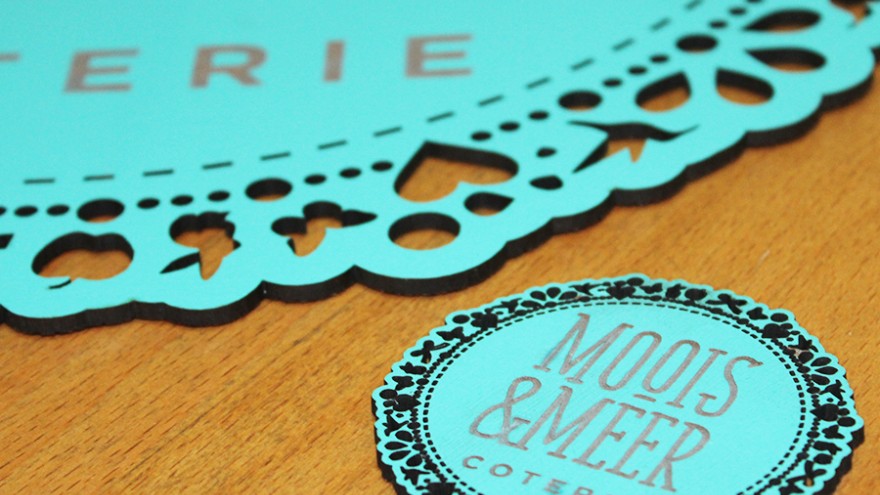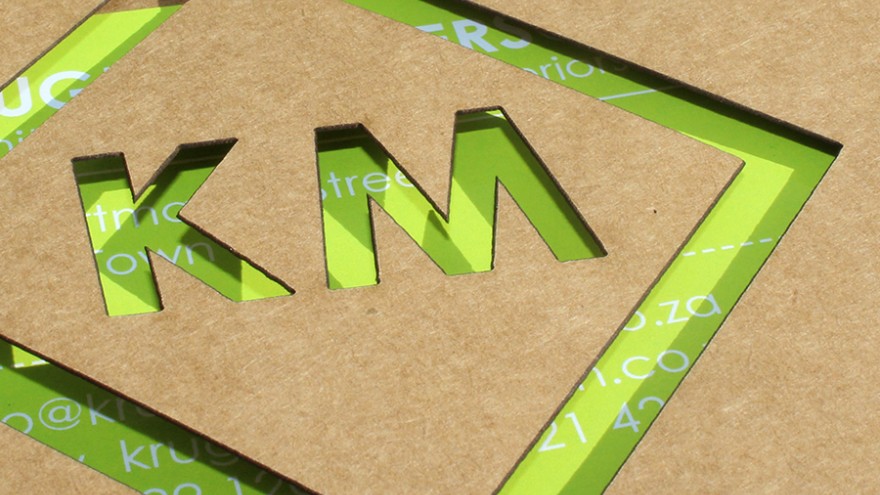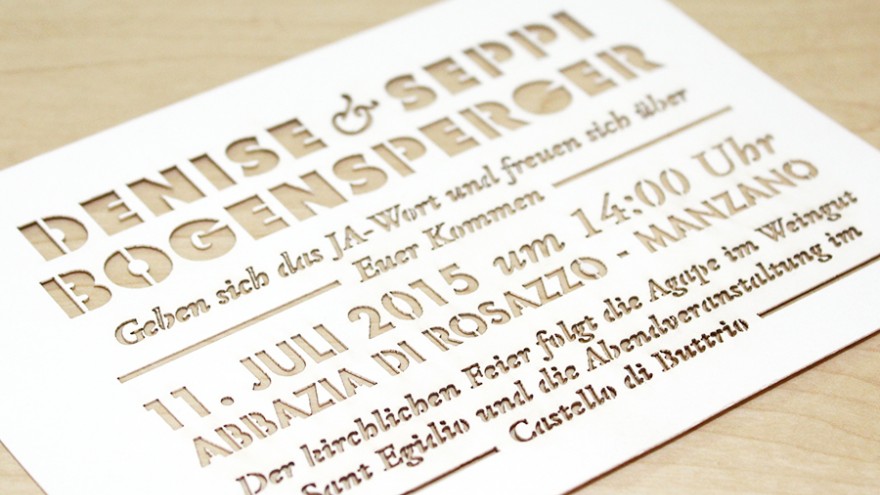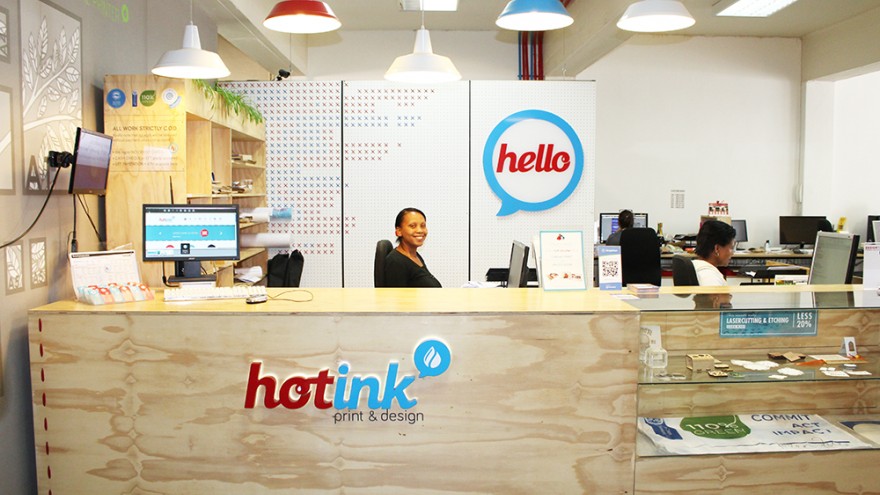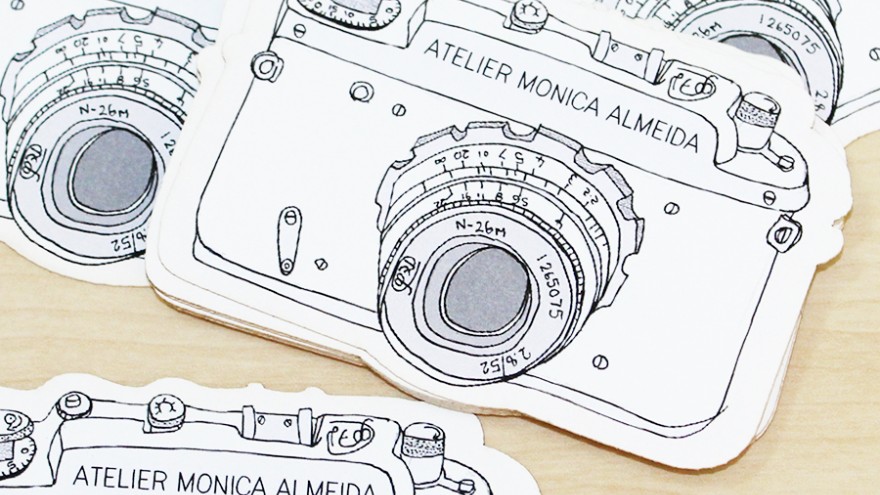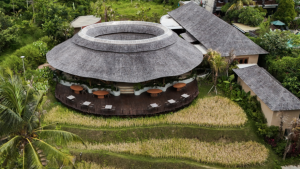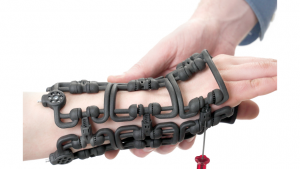From the Series
When Hot Ink, one of the first certified carbon neutral printers in South Africa, looked at how to offset its carbon footprint last year, it chose to invest its carbon credits in another South African first – The Wonderbag Project. Founded by Sarah Collins and inspired by the national blackouts that rolled through the country in 2008, it is a portable, heavily insulated fabric bag that uses heat retention to slow-cook food. The Wonderbag is saving households money and reducing their emissions in 36 countries around the world.
Like the Wonderbag, Hot Ink is fuelled by the belief that sometimes revolutionary interventions don’t have to be high-tech or complex. Its commitment to changing the chain of production has set in motion a surprisingly different chain of events: “Suddenly we found like-minded people contacting us, either to make use of our services, or to offer us further opportunities towards greening our business,” says co-owner Lisa Saville.
In June 2013, Hot Ink was invited to become a flagship member of the Western Cape Government's 110% Green Initiative which encourages businesses to commit to building the green economy. In 2014, the printing company took part in the organisation’s launch of the Food Forward Project on Mandela Day at Spier Wine Farm.
Becoming carbon neutral not only created a heightened awareness of its internal processes, but also opened Hot Ink up to a lot of questions and challenges from its clients.
“We love it,” says Saville. “It pushes us to learn more about the materials and processes we offer and it has shown that there is a great desire from the public to get things done in an environmentally friendlier way.”
The studio stays up to date with developments in recycled paper, which has seen an increased use of papers such as cocoon and environment wove.
“We believe that in future this will no longer be a moral choice made by enlightened individuals, but a prerequisite by corporates and individuals alike.”
One thing that leaves no carbon footprint behind is the production of great ideas.
Hot Ink operates as a kind of boutique studio that offers in-house design and specialist services such as laser cutting. “Our design division has built up its offering of skills and services, generating beautifully creative solutions to everyday projects,” Saville notes. “The nice thing for our clients is that we still operate in an informal environment and offer competitive design fees.”
From designing to printing to finishing in-house, the journey from concept to delivery is swift and thorough.
The addition of laser cutting in particular is an area of unlimited growth in terms of what can be done with wood, paper, glass and perspex. “This is where our boutique style of operating sets us apart – rather than only offering a set range of products, we are happy to work with our clients, sometimes having to think a bit out of the box to get things done,” Saville says.
There are certain things that one cannot get away from in the day-to-day running of a business, such as the use of electricity or the fact that staff travel from all over the peninsula to get to work each day. “But by offsetting these emissions and changing the small things that we can control inside the office, we are making our difference.”
The Hot Ink team always keeps one eye on the future for ways to offer further offsetting options on individual jobs to its clients.

